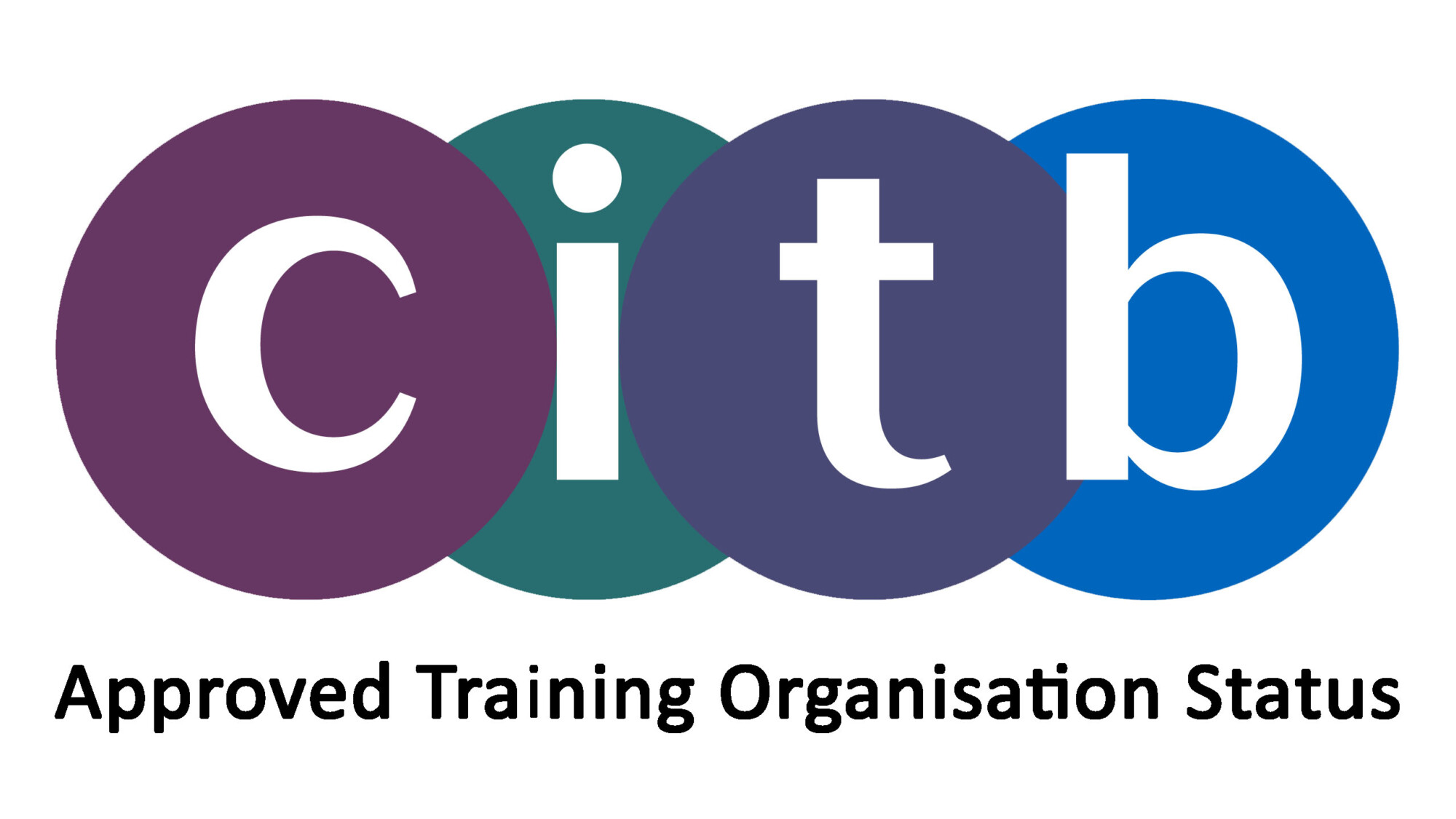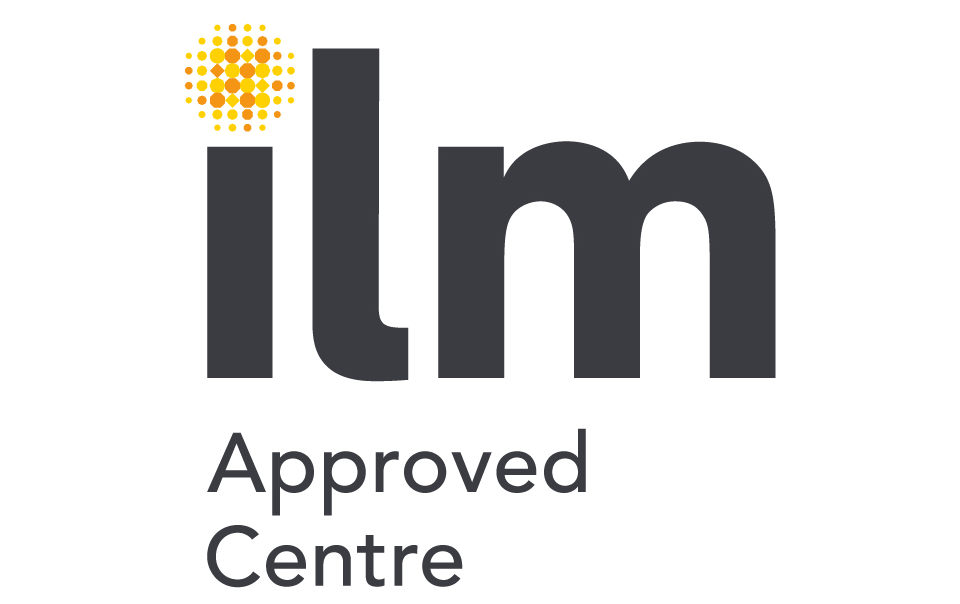Handling Difficult Situations
Available onsite and online
CITB Registered Employers can claim £240 for each delegate successfully completing this course and its assessment.
Guided Learning Hours
14 hours which are delivered as 2 days (virtual or face-to-face) plus pre- and post-work.
Assessment
A Question and Answer paper completed at the end of Day 2.
Learning outcomes
The delegate will be able to:
- Explain the practices of performance management and the role of the supervisor in performance management
- Describe the value of formal and informal assessment of performance on site
- Describe at least two ways to ensure fair and objective formal assessment
- Explain active listening and feedback and the importance of this in improving performance
- Explain how to give effective feedback on performance
- Explain why it is important to correctly identify the root cause of poor performance if it is to be managed appropriately
- Explain the difference between disciplinary procedures and procedures for dealing with poor performance
- Identify the organisation’s employment policies and procedures that support the supervisor in dealing with disciplinary issues
- Describe at which point in the organisational procedures the supervisor should seek assistance from their line manager or human resources when dealing with the management of poor performance
- Explain how a supervisor should prepare for a meeting regarding probable poor performance
- Describe the principal features of conflict and how conflict can affect individual and team performance on site
- Explain one recognised technique a supervisor can use to resolve conflict
- Explain how a supervisor can promote a positive atmosphere in order to minimise the adverse effects of conflict
- Explain what is meant by work-related stress
- Explain how work-related stress develops
- Explain the responsibilities of the supervisor in ensuring the risks from work related stress are effectively managed and controlled
- Explain at least two benefits of an inclusive working environment to the organisation
- Describe the role and responsibilities of a supervisor in promoting equality and diversity
- Provide an example of inappropriate behaviour in relation to equality and diversity and explain how it should be addressed by a supervisor
Contact Keystone today: lee.baker@keystonetrainingltd.co.uk / 07432 448017


